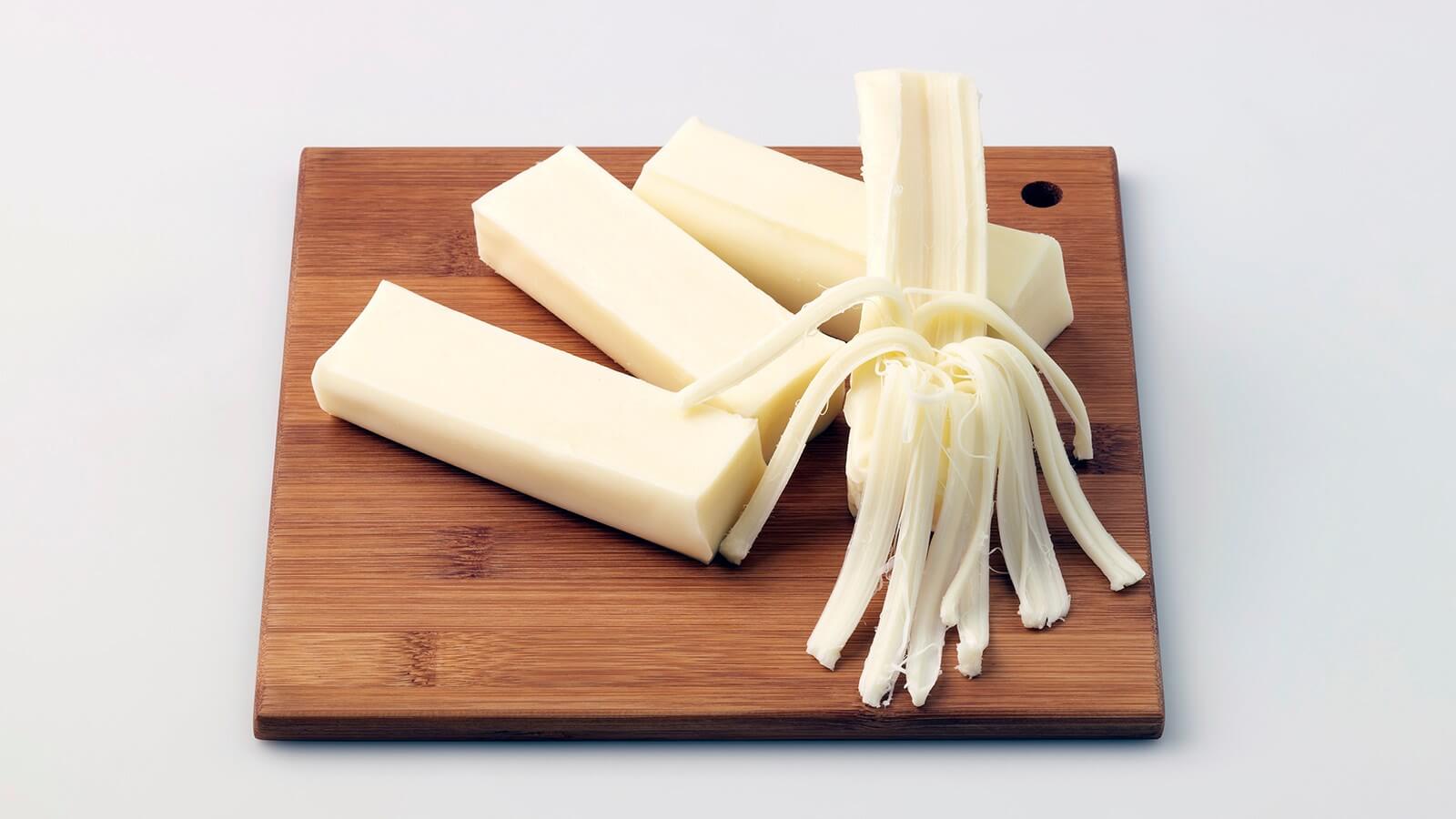
Mozzarella string cheese is a beloved snack that has gained popularity for its delicious taste and convenience. Whether you enjoy it as a quick on-the-go snack or melt it over a pizza, mozzarella string cheese is a versatile option that appeals to people of all ages.
But besides its flavor, it is important to understand the nutritional value of mozzarella string cheese. By exploring its nutrition facts, we can better appreciate the impact it has on our diet and overall health. In this article, we will dive into 19 mozzarella string cheese nutrition facts, shedding light on its protein content, fat profile, vitamin and mineral composition, and its benefits for bone health.
So, if you’re curious to know how mozzarella string cheese packs a punch in terms of nutrition, read on!
Key Takeaways:
- 1. Mozzarella string cheese is a good source of protein and calcium, but it also contains some saturated fat and sodium. Enjoy it in moderation as a tasty snack or part of a balanced meal.
- 2. While mozzarella string cheese is low in carbohydrates and sugar, it doesn’t provide significant amounts of vitamins and minerals. It’s best enjoyed as a delicious, occasional treat rather than a main source of nutrients.
Calories
One serving of mozzarella string cheese contains approximately 80 calories.
Protein
Mozzarella string cheese is a great source of protein, with each serving providing around 7 grams.
Fat Content
Each mozzarella string cheese stick contains approximately 6 grams of fat, with 3.5 grams of saturated fat.
Calcium
Mozzarella string cheese is rich in calcium, with each serving offering about 20% of the recommended daily intake.
Sodium
Be mindful of the sodium content in mozzarella string cheese, as each serving contains around 180 milligrams.
Vitamin D
Mozzarella string cheese is a good source of vitamin D, with each serving providing approximately 4% of the recommended daily intake.
Cholesterol
A serving of mozzarella string cheese contains about 15 milligrams of cholesterol.
Carbohydrates
Mozzarella string cheese is very low in carbohydrates, with each serving containing less than 1 gram.
Iron
Although mozzarella string cheese is not a significant source of iron, each serving contains approximately 2% of the recommended daily intake.
Vitamin A
Mozzarella string cheese provides a small amount of vitamin A, with each serving offering about 2% of the recommended daily intake.
Dietary Fiber
Mozzarella string cheese does not contain any dietary fiber.
Sugar Content
Mozzarella string cheese has negligible or no sugar content.
Vitamin C
Mozzarella string cheese does not provide a significant amount of vitamin C.
Potassium
Mozzarella string cheese is not a significant source of potassium.
Phosphorus
Each serving of mozzarella string cheese contains approximately 10% of the recommended daily intake of phosphorus.
Magnesium
Although mozzarella string cheese is not a significant source of magnesium, each serving contains a small amount.
Zinc
Mozzarella string cheese does not provide a significant amount of zinc.
Vitamin B12
Mozzarella string cheese contains a small amount of vitamin B12, providing approximately 2% of the recommended daily intake.
Vitamin K
Mozzarella string cheese is not a significant source of vitamin K.
Conclusion
In conclusion, mozzarella string cheese is not only a delicious snack but also a nutritious choice. It is packed with essential nutrients like protein, calcium, and vitamin D, making it a great addition to your diet. With its low calorie and fat content, it can be enjoyed guilt-free by both adults and children. Whether you’re looking for a quick and convenient snack, a protein boost after a workout, or a source of calcium for strong bones, mozzarella string cheese is an excellent option. So go ahead, indulge in this cheesy treat and reap its many health benefits!
FAQs
1. How many calories are in mozzarella string cheese?
Mozzarella string cheese typically contains around 80-90 calories per piece.
2. Does mozzarella string cheese contain gluten?
Most mozzarella string cheese is gluten-free, but it’s always best to check the packaging for any potential allergens.
3. Is mozzarella string cheese a good source of protein?
Yes, mozzarella string cheese is a great source of protein. Each serving usually contains around 6-7 grams of protein.
4. Can mozzarella string cheese be part of a weight-loss diet?
Yes, mozzarella string cheese can be a part of a weight-loss diet. It is low in calories and can help curb hunger cravings due to its protein content.
5. Is mozzarella string cheese suitable for lactose-intolerant individuals?
Mozzarella string cheese may still contain some lactose, but it is generally well-tolerated by lactose-intolerant individuals. However, it’s always best to consult with a healthcare professional if you have specific dietary restrictions.
6. Can mozzarella string cheese be frozen?
Yes, mozzarella string cheese can be frozen. It is best to individually wrap each piece and store them in an airtight container or freezer bag.
7. Are there any alternative options to mozzarella string cheese?
Yes, if you’re looking for alternative options, you can try other types of string cheese like cheddar or Colby jack. Alternatively, you can also opt for cheese sticks or cheese cubes for variety.
Was this page helpful?
Our commitment to delivering trustworthy and engaging content is at the heart of what we do. Each fact on our site is contributed by real users like you, bringing a wealth of diverse insights and information. To ensure the highest standards of accuracy and reliability, our dedicated editors meticulously review each submission. This process guarantees that the facts we share are not only fascinating but also credible. Trust in our commitment to quality and authenticity as you explore and learn with us.
